Meat Mixer Machine China Supplier
Introduction
In the ever-evolving food processing industry, the need for high-efficiency, consistent, and reliable machinery has led to an increased demand for meat mixer machines. These devices play a critical role in ensuring uniform mixing, enhancing flavor consistency, and improving the overall texture of meat products. As businesses across the globe look for ways to streamline their production lines, China has positioned itself as the go-to supplier for commercial-grade meat mixer machines, providing cutting-edge technology, durability, and cost-efficiency. This article explores the significance of meat mixer machines, the advantages of sourcing them from China, and key considerations when selecting the right equipment for your business.
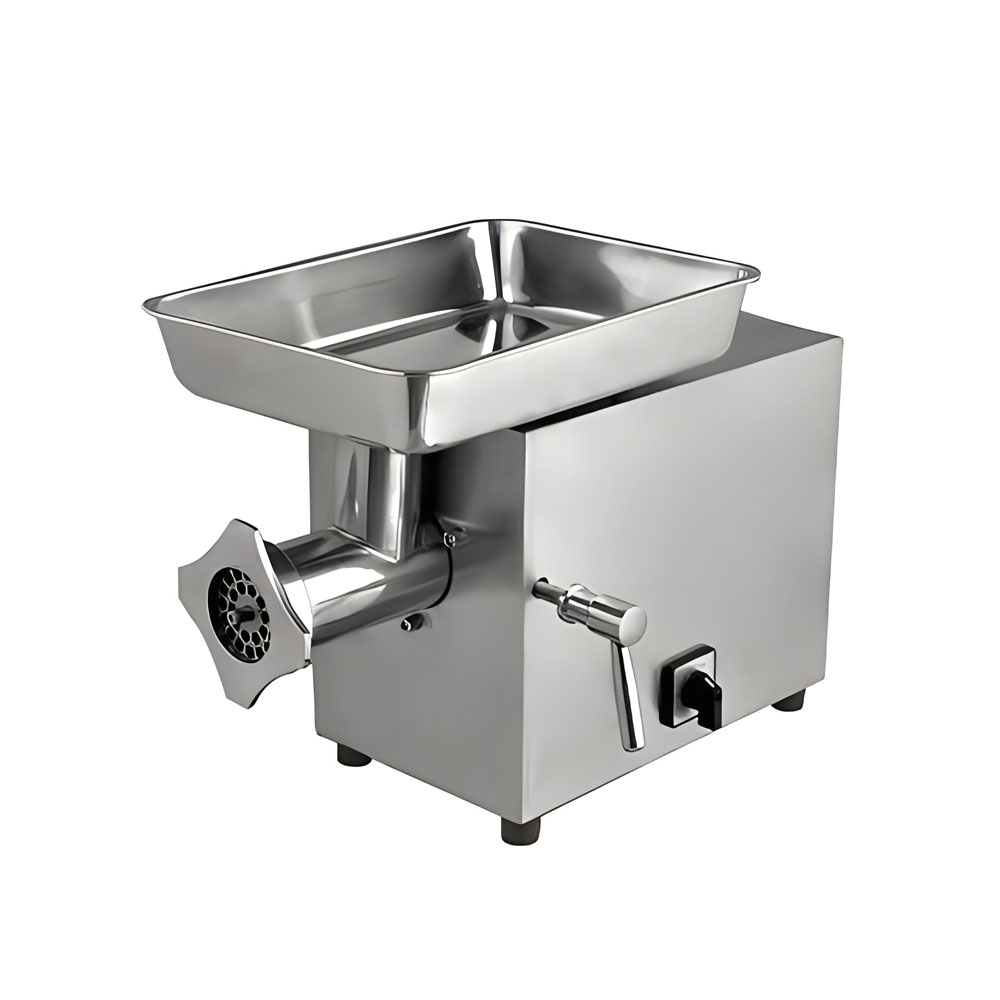
The Rising Demand for Meat Mixer Machines
The global demand for meat products continues to rise, driven by consumer preferences for processed meats, ready-to-eat meals, and convenience foods. As food manufacturers scale up to meet these demands, the need for reliable equipment that ensures consistent mixing of meat ingredients becomes even more critical. Meat mixer machines are integral to the production process, particularly for items such as sausages, burgers, meatballs, and other processed meat products. The increasing focus on automation and efficiency within the food industry further underscores the necessity of high-performance machines capable of handling large volumes without compromising on quality.
Why China is the Go-To Supplier for Meat Mixer Machines
China has established itself as a global leader in manufacturing meat processing equipment, including meat mixer machines. Several factors contribute to this position: technological advancements, competitive pricing, and a robust supply chain. Chinese manufacturers consistently invest in research and development, ensuring that their products incorporate the latest mixing technologies, automation features, and energy-efficient designs. Additionally, China’s vast manufacturing capacity allows for economies of scale, enabling suppliers to offer high-quality equipment at affordable prices. The country’s extensive supplier network and well-established export infrastructure ensure that businesses worldwide can access top-tier products with reliable delivery schedules.
Understanding the Role of a Meat Mixer Machine in Food Processing
A meat mixer machine is a mechanical device used to mix raw meat, fat, and other ingredients to create uniform, well-blended products. These machines are essential in the production of various meat items such as sausages, minced meat, and ready-to-cook meat products. The efficiency of these machines significantly impacts the texture, flavor, and overall quality of the final product. By ensuring uniform mixing, the meat mixer helps to prevent inconsistencies that could affect the taste or quality of processed meats.
What is a Meat Mixer Machine?
A meat mixer machine consists of a large drum or container where raw ingredients are placed. The mixing is achieved by rotating blades or paddles that evenly distribute the meat, fat, spices, and other components. Modern machines are designed to accommodate various types of meat, including beef, pork, poultry, and fish, along with other additives such as fillers and preservatives. These machines can operate at different speeds and capacities, offering flexibility for small or large-scale operations.
The Importance of Consistency in Meat Processing
In meat processing, consistency is key to maintaining high product standards. A consistent blend of ingredients ensures that each batch of meat products meets the required flavor profile, texture, and nutritional value. Uneven mixing can lead to discrepancies in taste, texture, and even food safety. By using a high-quality meat mixer machine, manufacturers can achieve the precise consistency needed to meet both consumer expectations and industry standards.
How Meat Mixers Improve Production Efficiency
Meat mixers not only enhance the quality of the final product but also improve production efficiency. By automating the mixing process, these machines reduce the need for manual labor and minimize the chances of human error. They also significantly speed up the mixing process, allowing manufacturers to produce large volumes of product in less time. With enhanced throughput and consistency, companies can reduce waste, improve cost-effectiveness, and meet tight production deadlines.
Key Features of Meat Mixer Machines from China
Advanced Mixing Technology for Uniformity
Chinese meat mixer machines incorporate advanced mixing technologies that ensure even distribution of ingredients. These systems often feature variable-speed motors, programmable settings for different batch sizes, and precision-engineered paddles or blades that mix ingredients uniformly. This results in consistent quality, which is essential for maintaining consumer satisfaction and regulatory compliance.
Durable Construction: Materials That Ensure Longevity
Meat mixer machines from China are typically built with high-quality stainless steel and other durable materials designed to withstand the rigors of continuous operation. These materials not only prevent corrosion but also allow for easy cleaning and maintenance, which is crucial in the food processing industry. The longevity of these machines makes them a sound investment for businesses looking to maximize their return on investment.
High-Capacity Models for Large-Scale Operations
For large-scale food processing operations, high-capacity meat mixers are essential. Chinese suppliers offer a wide range of meat mixer machines, including models with substantial capacity for high-volume production. These machines are designed to handle significant amounts of meat and ingredients, ensuring that large batches can be mixed quickly and efficiently.
Energy-Efficient Designs: Cutting Costs While Increasing Output
The increasing demand for sustainability in manufacturing has led to the development of energy-efficient meat mixer machines. Many Chinese manufacturers have integrated energy-saving features into their designs, reducing power consumption without compromising performance. This results in cost savings for businesses and a reduced environmental footprint.
Types of Meat Mixer Machines Available in China
Horizontal Meat Mixers: The Popular Choice
Horizontal meat mixers are the most common type used in the industry. These machines feature a horizontally oriented drum with rotating paddles or blades that ensure a uniform mixture of ingredients. Horizontal mixers are well-suited for large-scale operations that require continuous mixing and high-output production.
Vertical Meat Mixers: Ideal for Specialized Blends
Vertical meat mixers are often used for specialized applications where ingredients require more thorough or gentle blending. These machines are particularly useful for blending meats with delicate textures or for making finely-ground products like sausages and pâtés. Vertical mixers tend to be more compact, making them a good option for businesses with limited floor space.
Paddle vs. Screw Mixers: What’s the Difference?
Paddle mixers use flat or curved blades that rotate through the meat and other ingredients, ensuring even distribution. Screw mixers, on the other hand, rely on a rotating screw-like mechanism that pushes ingredients through a mixing chamber. Paddle mixers tend to be better for general-purpose mixing, while screw mixers are often used for specific applications, such as mixing dense or tough meat products.
Selecting the Right Meat Mixer Machine for Your Business
Assessing Your Production Volume and Needs
Before purchasing a meat mixer machine, businesses should assess their production volume and specific requirements. Smaller businesses may benefit from a compact, lower-capacity machine, while larger operations may need high-capacity models capable of processing large quantities of meat efficiently.
Customization Options for Specialized Meat Products
Many meat mixer machines in China come with customization options to cater to specific production needs. Businesses can request modifications such as specialized blades, enhanced mixing speeds, or integration with other food processing equipment to create unique products.
Important Factors to Consider Before Buying: Size, Power, and Capacity
When evaluating meat mixer machines, it is essential to consider the machine’s size, power, and capacity. These factors determine how much meat can be processed at a time, how much space the machine will require, and how much energy it will consume.
How Meat Mixer Machines in China Compete Globally
Quality Standards and Certifications in China
Chinese meat mixer manufacturers adhere to international quality standards and certifications, ensuring that their products meet safety, durability, and performance requirements. These certifications provide assurance that the machines will perform reliably in commercial settings and comply with local regulations.
Competitive Pricing Without Sacrificing Quality
China’s ability to produce high-quality meat mixer machines at competitive prices is one of its biggest advantages. By leveraging efficient manufacturing processes, Chinese suppliers offer value for money while ensuring that the machines are built to last.
Advanced Technology: Innovations in Mixing Systems
Chinese manufacturers are at the forefront of technological advancements in meat mixing. Features like automated controls, remote monitoring, and smart sensors allow businesses to optimize their mixing processes, improve consistency, and reduce human error.
Advantages of Sourcing Meat Mixer Machines from China
Economies of Scale: Why China Can Offer Better Prices
China’s extensive manufacturing infrastructure and high production volumes enable its suppliers to offer meat mixer machines at a lower cost than many competitors. The ability to produce machines in bulk translates to economies of scale, which benefit buyers through reduced prices without sacrificing quality.
Extensive Supplier Network and Product Availability
China boasts an extensive network of suppliers capable of providing a wide variety of meat mixer machines, making it easy for businesses to find the right machine for their needs. This network also ensures that replacement parts and upgrades are readily available.
Fast Delivery Times and Reliable Shipping Channels
Chinese manufacturers have well-established shipping and logistics networks that ensure fast delivery times for international orders. With reliable freight forwarding services, businesses can count on timely receipt of their equipment.
The Manufacturing Process Behind Meat Mixer Machines in China
From Design to Production: The Supply Chain
The production of meat mixer machines in China involves a well-coordinated supply chain, from design and prototyping to manufacturing and quality control. Manufacturers use advanced CAD software and other tools to create precise designs, followed by extensive testing to ensure that machines meet performance standards.
The Role of Automation in Enhancing Efficiency
Automation plays a crucial role in the manufacturing process, allowing for faster production times, reduced labor costs, and improved accuracy in the final product. By automating key aspects of assembly, Chinese manufacturers can keep prices competitive without compromising quality.
Quality Control and Testing Procedures
Chinese manufacturers implement strict quality control measures throughout the production process, including testing for durability, safety, and efficiency. These tests ensure that each meat mixer machine meets international standards and performs reliably in real-world conditions.
Understanding the Export Process for Meat Mixer Machines from China
Navigating Export Regulations and Compliance
When importing meat mixer machines from China, businesses must navigate various export regulations and compliance requirements. This includes ensuring that machines meet local health and safety standards and obtaining the necessary documentation for customs clearance.
Partnering with Reliable Freight Forwarders
To ensure smooth and efficient delivery, businesses often partner with reliable freight forwarders that can handle the logistics of shipping meat mixer machines internationally. Freight forwarders help manage customs clearance, ensure that shipments are on time, and provide tracking information.
Importing to Your Country: What You Need to Know
Importing meat mixer machines into your country requires understanding local laws and regulations, including import duties, taxes, and certifications. Researching these factors in advance can help avoid delays or unexpected costs during the importation process.
Leading Meat Mixer Machine Suppliers in China
Overview of the Top Manufacturers and Their Offerings
China is home to several leading meat mixer machine manufacturers, each offering a range of machines suited to different production needs. Some of the most well-known brands include Yuanlin, Saintyco, and Zhongtai, each known for their high-quality products and exceptional customer service.
Reputation and Customer Satisfaction: What to Look For
When selecting a supplier, businesses should prioritize manufacturers with a strong reputation for customer satisfaction. Reviews, testimonials, and case studies from other businesses can provide valuable insights into the reliability and performance of a supplier.
Case Studies: Successful Businesses That Use Chinese Meat Mixers
Several successful businesses around the world have used meat mixer machines from China to scale their operations and improve product consistency. These case studies highlight the effectiveness of Chinese-made machines in real-world scenarios, from small artisanal producers to large-scale industrial operations.
Cost Considerations: What to Expect When Purchasing Meat Mixers from China
Breaking Down the Costs: What’s Included in the Price?
When purchasing a meat mixer machine from China, it’s important to understand the breakdown of costs. The price typically includes the base machine, but additional features, customization, and shipping fees may also be part of the overall cost.
Comparing the Total Cost of Ownership Over Time
The total cost of ownership includes not only the initial purchase price but also maintenance, energy costs, and repairs. It’s essential to evaluate these long-term costs when deciding on the right machine for your business.
Hidden Costs and How to Avoid Them
Certain hidden costs, such as customs duties, import taxes, and additional parts, can affect the overall price of a meat mixer machine. Understanding these costs in advance can help businesses avoid surprises and budget accordingly.
Maintenance and Longevity of Meat Mixer Machines
Regular Maintenance Tips for Ensuring Longevity
To keep meat mixer machines in optimal condition, businesses should follow a regular maintenance schedule. This includes cleaning, lubrication, and inspection of key components to ensure smooth operation.
Troubleshooting Common Issues with Meat Mixers
Common issues with meat mixer machines include clogging, wear on blades, and motor malfunctions. Understanding how to troubleshoot these issues can prevent costly downtime and repair bills.
When to Upgrade or Replace Your Meat Mixer Machine
Over time, a meat mixer machine may show signs of wear, reduced efficiency, or outdated technology. Businesses should evaluate whether upgrading or replacing their machines is necessary to maintain production standards.
How to Assess the Reliability of a Chinese Meat Mixer Machine Supplier
Factors That Determine Supplier Credibility
When evaluating a meat mixer machine supplier in China, consider factors such as experience, quality certifications, and customer feedback. A reliable supplier should have a proven track record and adhere to industry standards.
Red Flags to Watch Out For When Choosing a Supplier
Potential red flags include unrealistic pricing, lack of transparency, and poor customer reviews. It's important to choose a supplier that offers transparency and maintains a commitment to quality.
Conducting Background Checks on Manufacturers
Performing background checks on manufacturers, including checking their certifications and verifying past client relationships, ensures that you are partnering with a reputable and trustworthy supplier.
The Future of Meat Mixer Machines in China: Trends and Innovations
Smart Technology Integration in Meat Mixers
The future of meat mixer machines in China includes the integration of smart technologies, such as IoT connectivity, real-time data monitoring, and automated control systems. These advancements will allow for more precise mixing and better data analytics.
Sustainable Practices: Eco-Friendly Machines and Operations
As sustainability becomes increasingly important, Chinese manufacturers are introducing eco-friendly machines that minimize energy consumption and reduce waste. These innovations are helping businesses operate in a more environmentally responsible manner.
What to Expect in the Next Decade of Meat Mixing Technology
Over the next decade, advancements in robotics, AI, and machine learning are expected to revolutionize the meat mixing process. These technologies will improve mixing accuracy, reduce labor costs, and optimize production workflows.
Frequently Asked Questions (FAQs)
1. What is the lifespan of a meat mixer machine from China?
The lifespan of a meat mixer machine depends on its quality and maintenance. With proper care, machines can last anywhere from 5 to 15 years. Regular maintenance such as cleaning and lubrication can significantly extend its operational life.
2. How do I choose the right size meat mixer machine for my business?
The right size depends on your production volume. Small businesses may opt for compact models, while larger operations need high-capacity mixers. Assess your current and future production needs to make an informed choice.
3. Are Chinese-made meat mixer machines reliable?
Yes, Chinese-made machines are reliable when sourced from reputable manufacturers. Many adhere to international quality standards, ensuring high performance and durability.
4. How can I ensure the quality of the meat mixer machine before purchasing?
Research the supplier’s reputation, check for industry certifications, and look for customer reviews. You can also request product testing or third-party inspections to verify quality before purchasing.
5. What maintenance is required for a meat mixer machine?
Maintenance includes regular cleaning, lubrication of moving parts, and periodic inspections of key components. This helps to ensure smooth operation and extend the machine’s life.
6. What is the typical cost of a meat mixer machine from China?
Costs vary based on the size and features. Smaller models can start at $1,000, while high-capacity machines may cost $10,000 or more. Consider additional expenses such as shipping and taxes when budgeting.
7. What are the most common problems with meat mixer machines?
Common issues include clogging, worn-out blades or paddles, motor malfunctions, and leaks. Regular maintenance can help prevent these problems and reduce downtime.
8. What certifications should I look for when purchasing a meat mixer machine from China?
Look for certifications such as CE, ISO 9001, and FDA approval, especially for food safety. These certifications ensure the machine meets international quality and safety standards.
9. Can I customize a meat mixer machine for specific needs?
Yes, many suppliers offer customization options. You can modify the machine’s capacity, mixing components, or even integrate additional features to suit your production needs.
10. How long does it take to receive a meat mixer machine from China?
Delivery typically takes between 4 to 12 weeks, depending on production time and shipping logistics. Factor in customs delays and ensure you plan for the machine’s arrival accordingly.
Conclusion
Final Thoughts on Sourcing Meat Mixer Machines from China
Sourcing meat mixer machines from China offers substantial advantages, including cost-effectiveness, high-quality manufacturing, and access to advanced technology. With careful consideration of the machine's specifications, supplier credibility, and cost factors, businesses can make informed decisions that help them stay competitive in the meat processing industry.
How to Make an Informed Decision for Your Business
Before purchasing a meat mixer machine, businesses should thoroughly evaluate their production needs, consider the full cost of ownership, and select a supplier with a solid reputation for reliability and quality. By doing so, they can ensure smooth, efficient, and consistent meat processing for years to come.
Must-Read Blogs For Chain Restaurants Owner

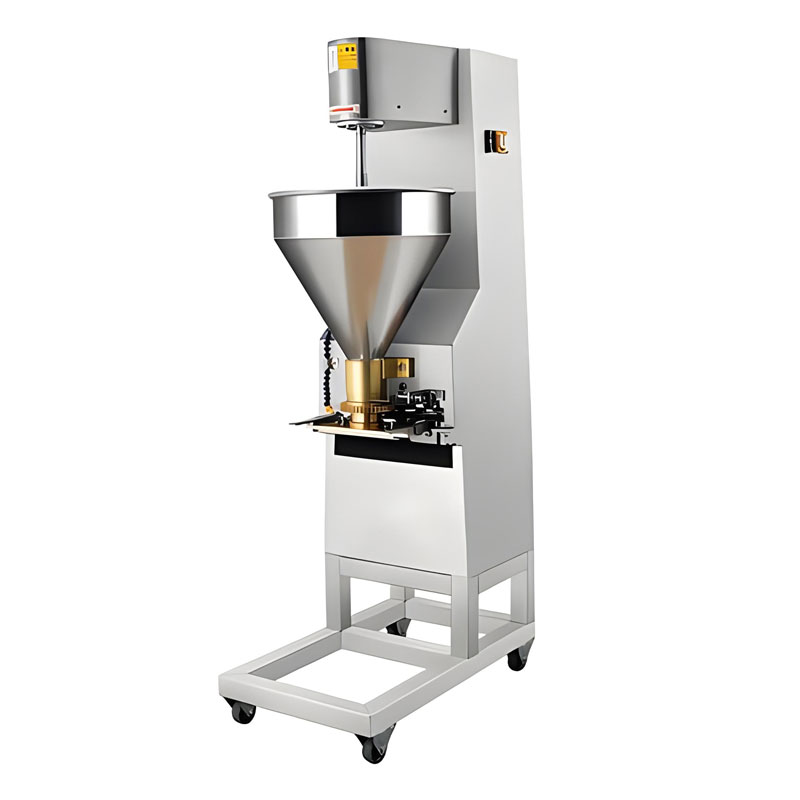
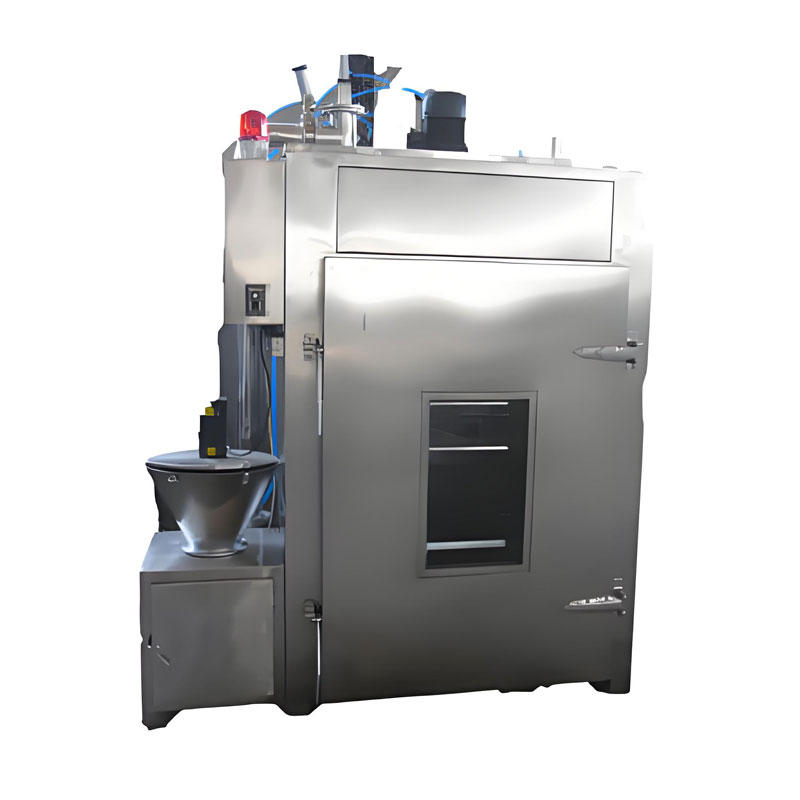
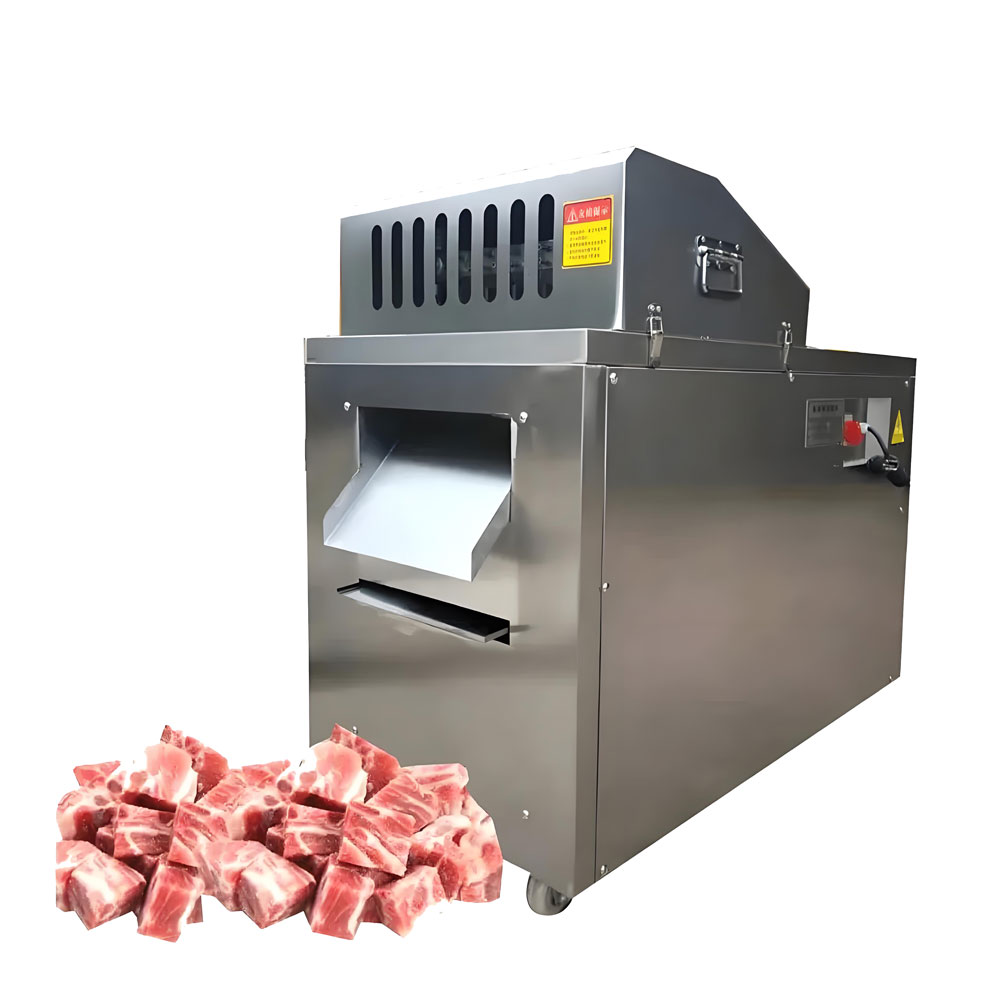
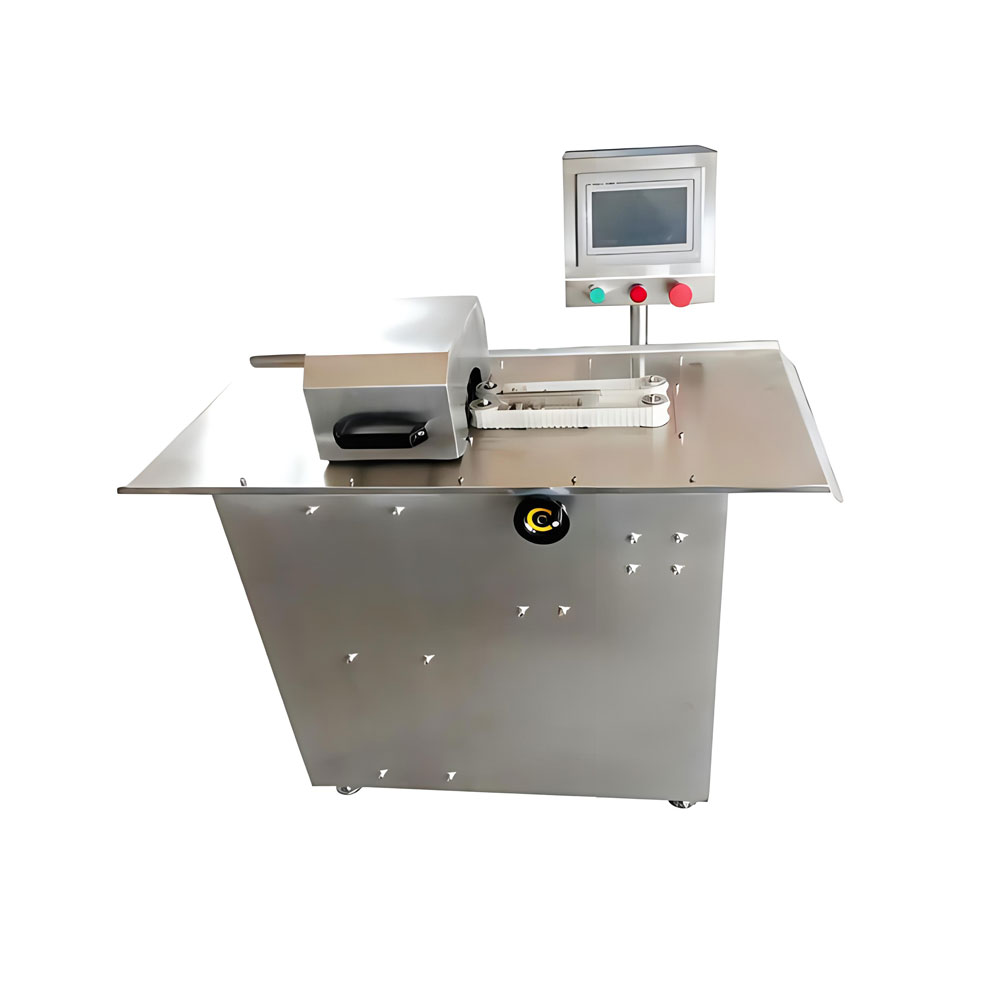
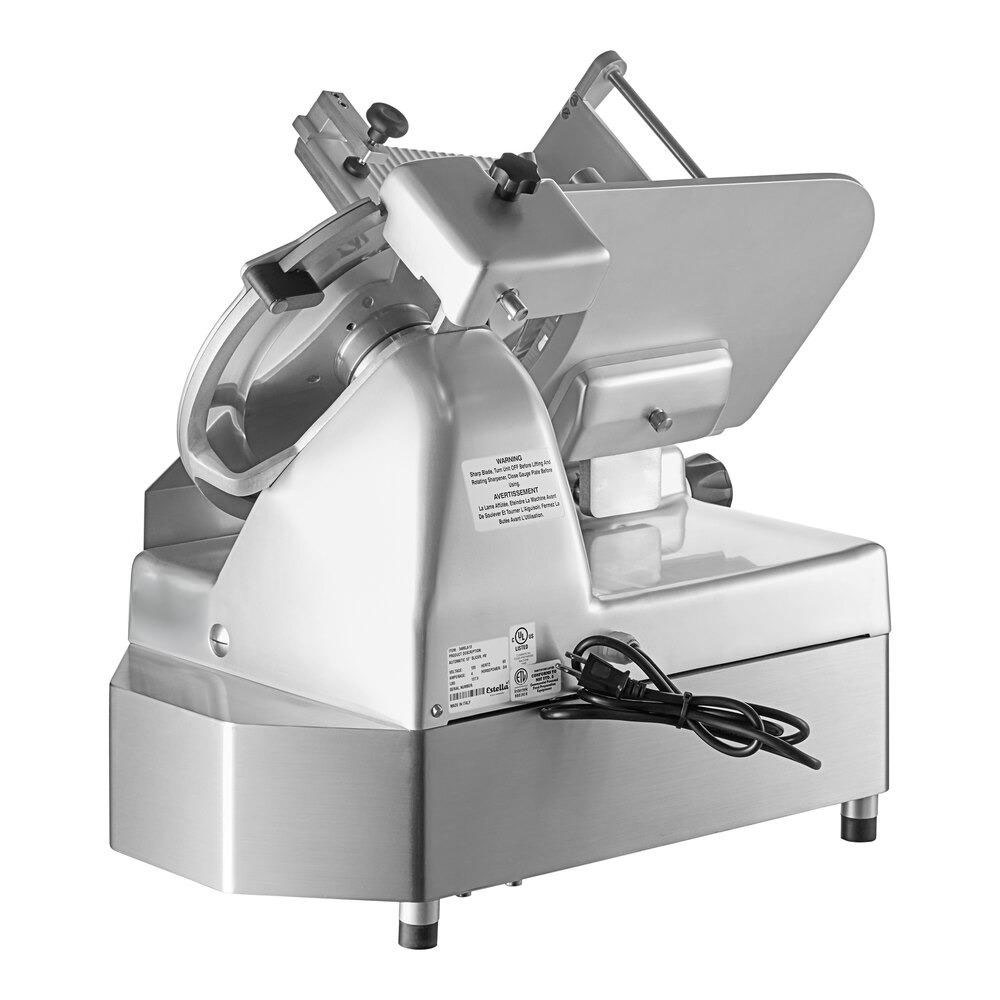
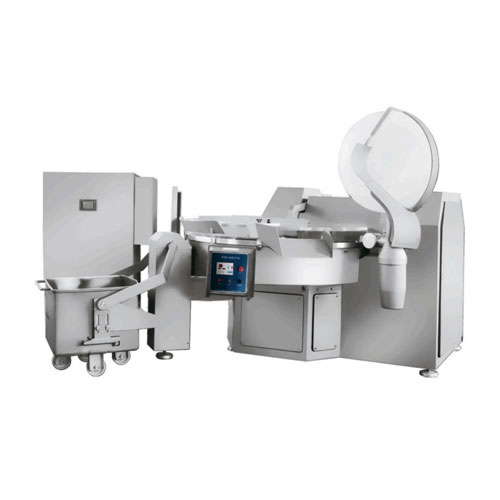
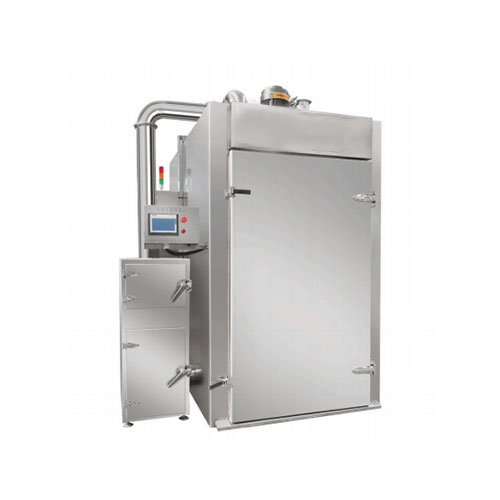
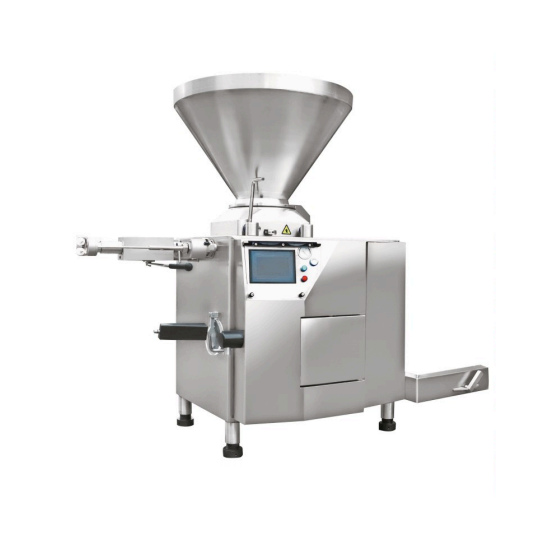
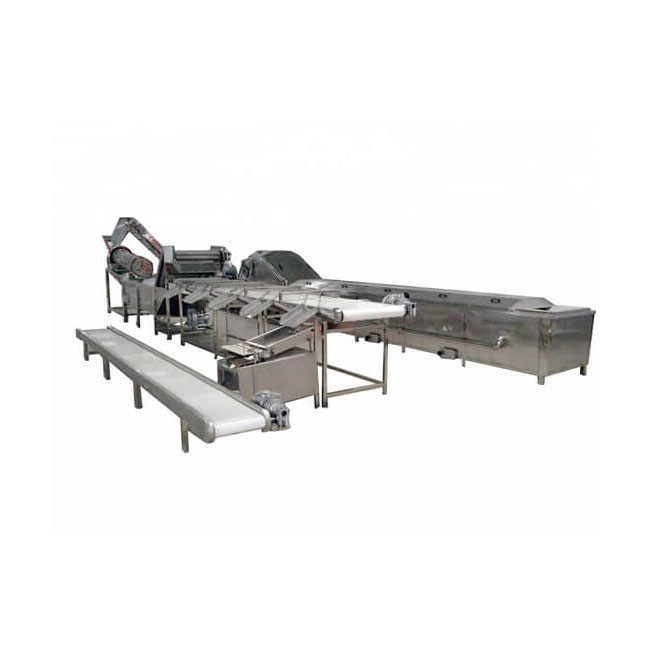
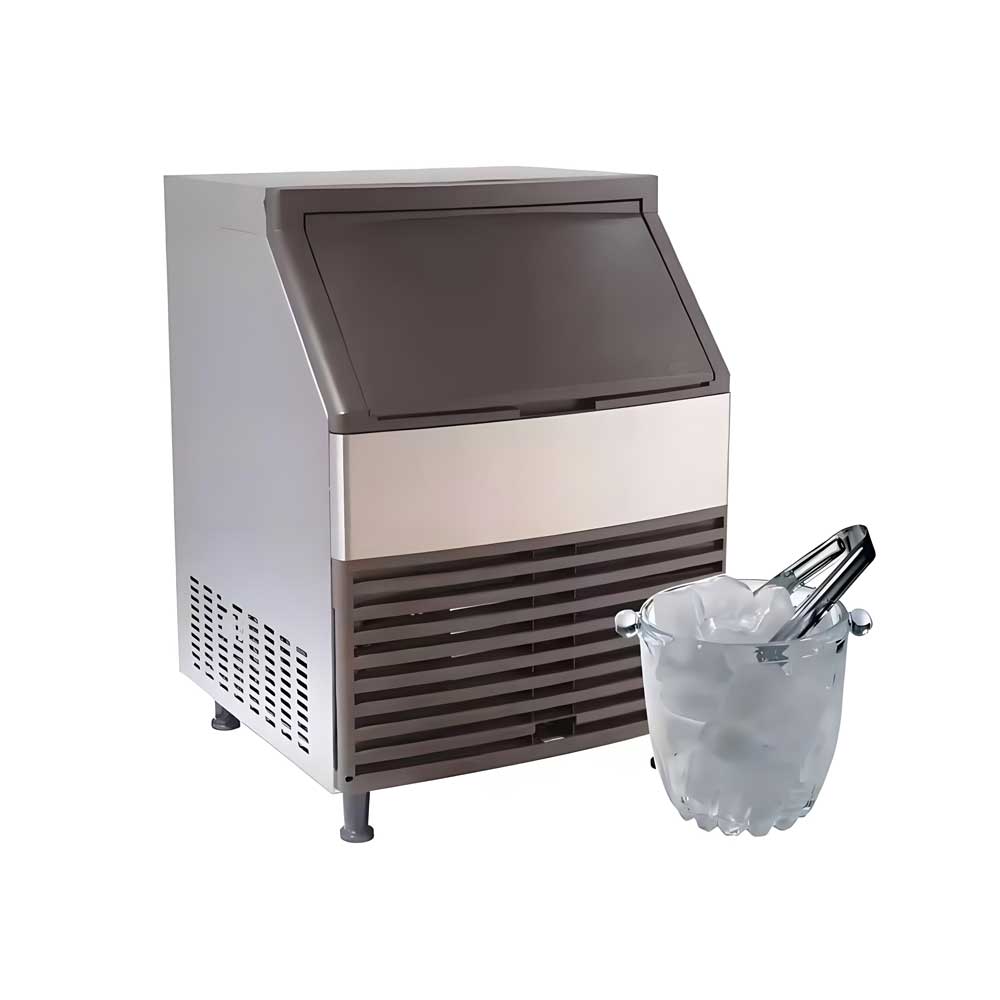
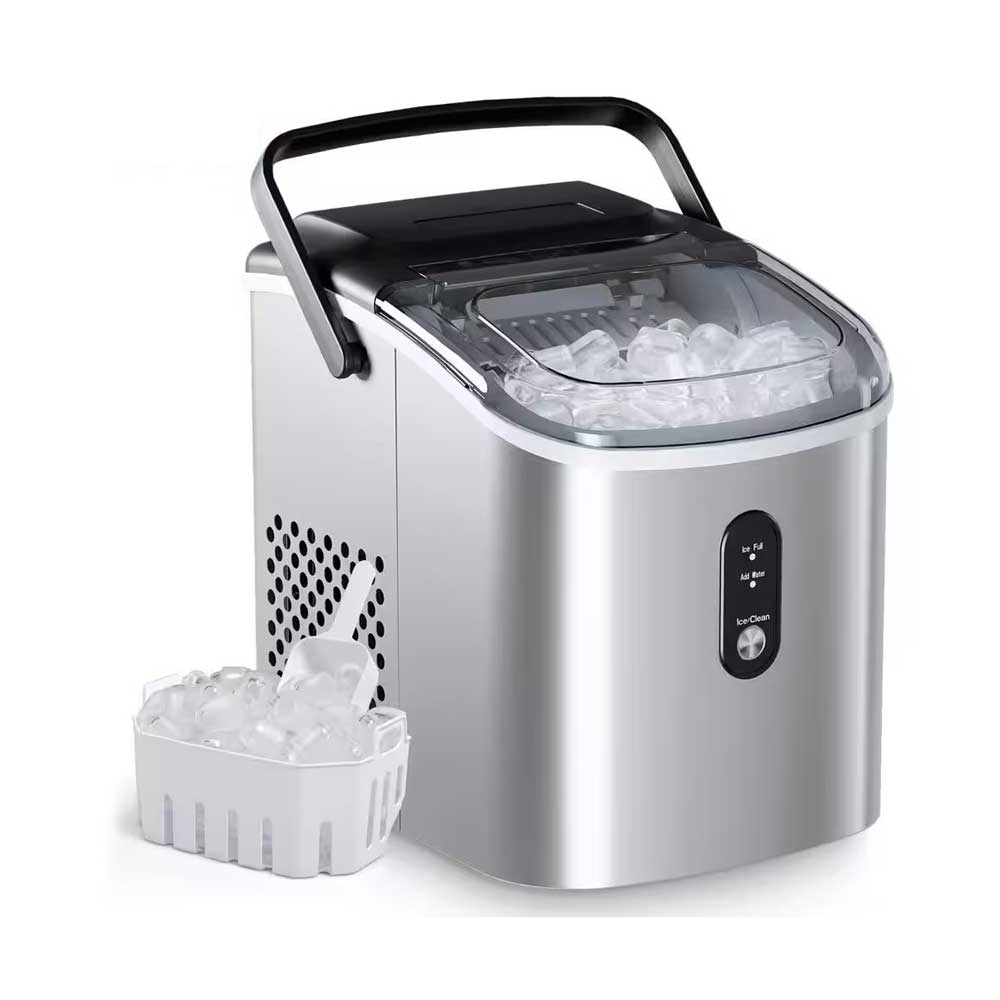 Portable Flake Ice Machine
Portable Flake Ice Machine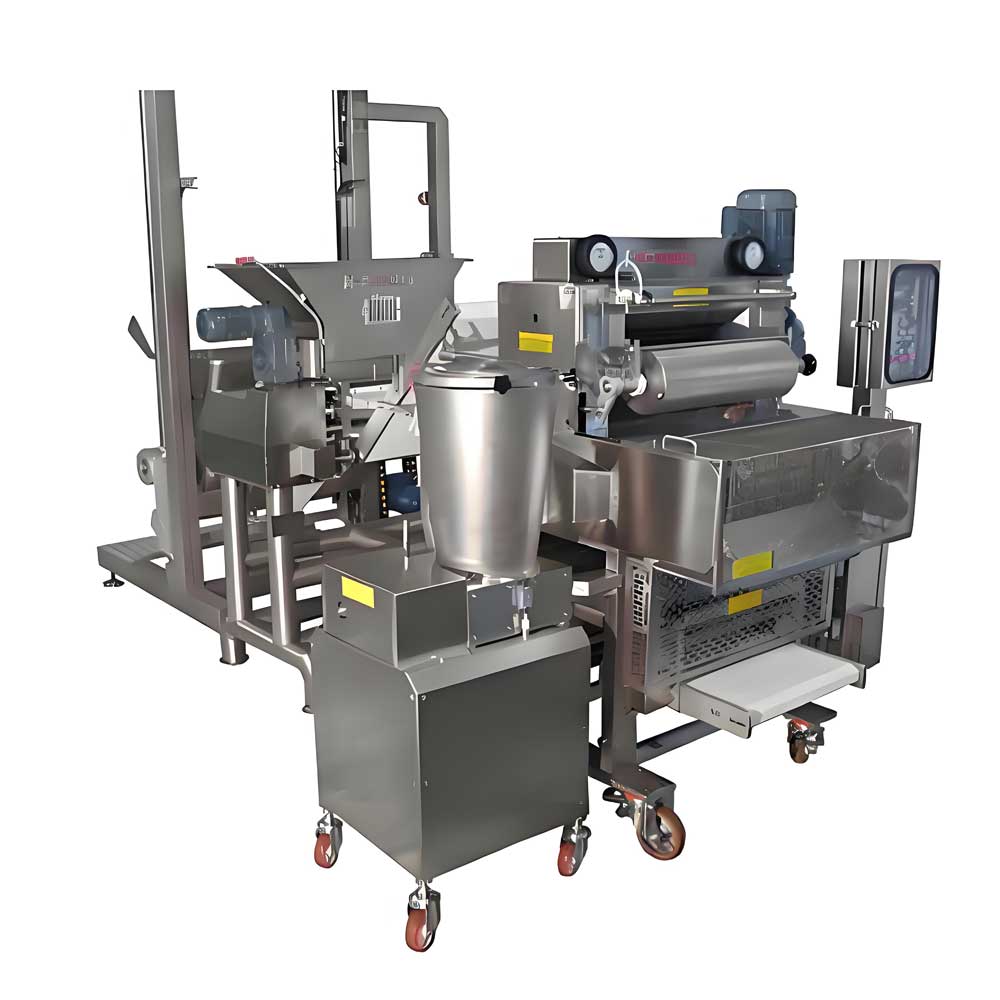 Pelmeni Making Machine
Pelmeni Making Machine
Ready to Get Started?